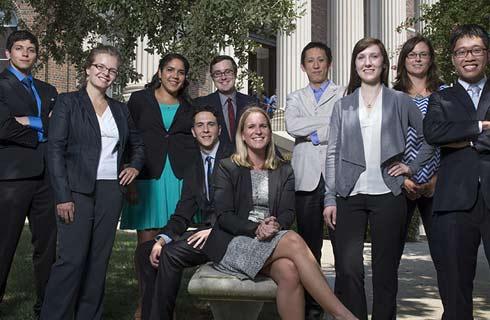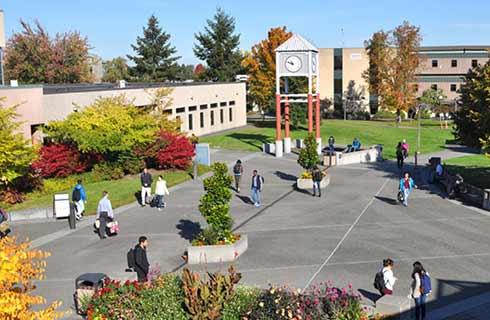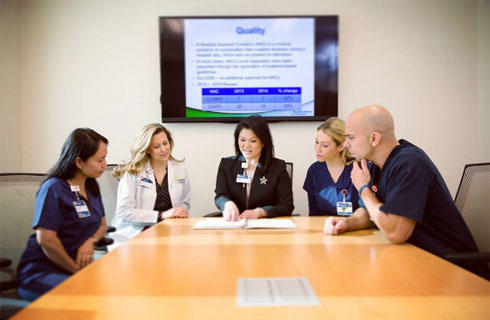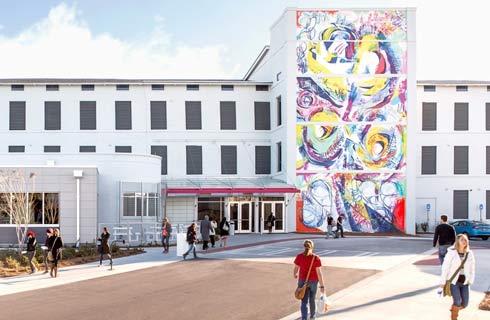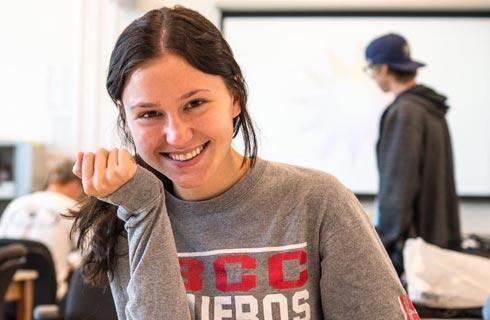农业和生物工程理学硕士
Master of Science in Agricultural and Biological Engineering

学历文凭
Masters Degree

专业院系
Department of Agricultural and Biological Engineering

开学时间

课程时长

课程学费

国际学生入学条件
A student with an undergraduate degree in a non-engineering field can be admitted to the M.S. program on a provisional basis, pending the completion of a number of additional credits to be specified on an individual basis. These additional credits will not count towards the M.S. degree requirements. The provisional status continues until completion of the engineering undergraduate requirements in mathematics, physics, engineering sciences and any additional required 400-level Biological Engineering courses. Upon completion of these preparatory courses with a minimum grade-point average of 3.0, the student will be admitted to the graduate program.
International applicants must take and submit scores for the TOEFL (Test of English as a Foreign Language) or the IELTS (International English Language Testing System), with the exceptions noted below. The minimum acceptable score for the TOEFL is 550 for the paper-based test, 213 for the computer-based test, or a total score of 80 with a 19 on the speaking section for the Internet-based test (iBT). Applicants with iBT speaking scores between 15 and 18 may be considered for provisaaional admission, enrollment, and, if necessary, remedial course work. The minimum composite score for the IELTS is 6.5. Revised TOEFL PBT July 2017 and later 60
IDP—雅思考试联合主办方

雅思考试总分
6.5
- 雅思总分:6.5
- 托福网考总分:80
- 托福笔试总分:550
- 其他语言考试:NA
CRICOS代码:
申请截止日期: 请与IDP联系 以获取详细信息。
课程简介
Agricultural and Biological Engineering (ABENG) offers students the opportunity to gain expertise in several areas that relate to the world’s most important sociotechnological and sustainability challenges including energy, environment, cropfood production and health. Specific focus areas include agricultural machinery, mechatronics, remote sensing, natural resources, water quality, climate change, fermentation, food production, food safety, biological and agricultural bioproducts, life cycle analysis and techno-economic analysis. The ABENG M.S. degree is research based and requires a thesis. <br>Excellent facilities, including equipment and instrumentation, are available for research. Extensive additional fabrication and characterization equipment and facilities are available through Penn State institutes and user facilities including the Institutes of the Environment and Energy, Huck Institutes of the Life Sciences, Materials Research Institute, Materials Characterization Laboratory, Nanofabrication Facility, Institute for CyberScience, PA Housing Research Center, Center for Food Manufacturing, USDA Pasture Systems and Watershed Management Research Lab, Mushroom Research and Demonstration Facility and a 1,500-acre agricultural research center for cooperative work with agronomic and horticultural production systems as well as animal production systems.
相关申请
 预科
预科 奖学金
奖学金 实习机会
实习机会 在校学习
在校学习 跨境学习
跨境学习 校园授课-线上开始
校园授课-线上开始 在线/远程学习
在线/远程学习
开学时间&学费
学费信息仅供参考,请与IDP联系以获取详细信息
| 开学时间 | 时长 | 学费 | 地点 |
|---|
学校排名

世界排名78
数据源:
泰晤士高等教育世界大学排名
关于宾州州立大学帕克分校

每122位本科毕业的美国人中就有1个是PSU的校友1855年建校的宾州州立大学目前已经有了24个校区,University Park是其中的旗舰校区,也是规模最大的校区,容纳学生45000余人。距离宾州州府Harrisburg仅仅17英里的地理位置优势让University Park成为最受欢迎的PSU校区,同时也成为了录取率最低的校区。Party School的称号在PSU身上由来已久,但同时,每年专程跑到PSU校内面试应届毕业生的公司和政府部门超过1000个,这里的学术水准绝对不是盖的。美国每50个工程师中,就有1人是PSU的毕业生PSU的理工课尤其是工程学专业非常知名。实际上从1988年开始,PSU从工业界拿到的学术研究资金总额一直排名美国所有大学的前两位,仅次于麻省理工。很多工业界企业干脆直接将产品研发放在PSU进行。另外,地球与矿产科学学院在美国同类学院中排名第6,其中的地理专业全美第一,地质专业全美第三,均属世界一流学科项目。理论性大众传媒专业同样排名全美第一,与哥伦比亚大学的应用型大众传媒并驾齐驱。 Penn State-University Park的申请竞争相当激烈。申请材料中主观性的PS与简历部分属于非要求项。实际上,每年,单纯从成绩角度做出的录取决定占总录取人数的2/3。所以,想去PSU,得先保证有一个靠谱的标准化成绩。
本校相关课程
其他相关课程
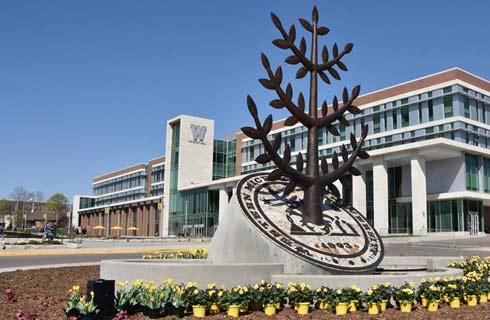
生物工程哲学博士
 莱斯大学
莱斯大学泰晤士高等教育世界大学排名:103
学历文凭
Ph.D.
开学日期
课程费用总额

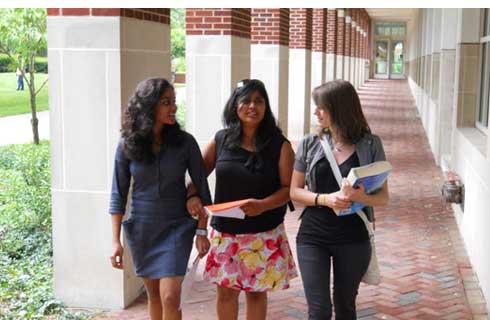
Bachelor of Science in Bioengineering
 马里兰大学帕克分校
马里兰大学帕克分校学历文凭
Bachelor Degree
开学日期
课程费用总额


生物工程理学硕士
 科罗拉多大学丹佛分校
科罗拉多大学丹佛分校学历文凭
Masters Degree
开学日期
课程费用总额


生物工程理学硕士-生物材料与组织工程
 东北大学
东北大学学历文凭
Masters Degree
开学日期
课程费用总额


生物工程理学学士
 康奈尔大学
康奈尔大学泰晤士高等教育世界大学排名:18
学历文凭
Bachelor Degree
开学日期
课程费用总额


Doctor of Philosophy in Engineering - Electrical Engineering (Bioengineering with EE)
 新墨西哥大学
新墨西哥大学学历文凭
Ph.D.
开学日期
课程费用总额











